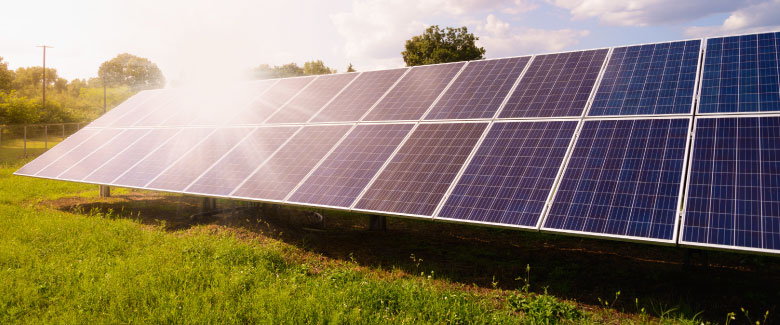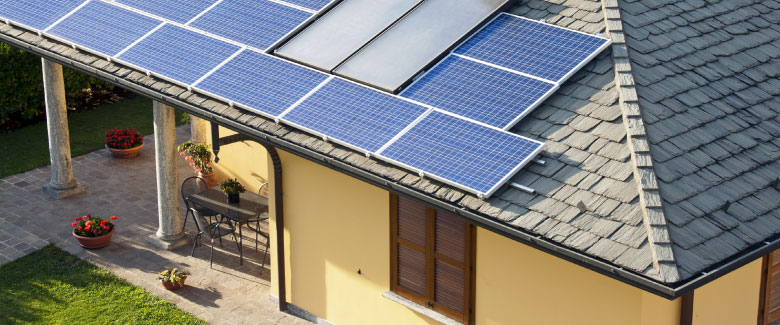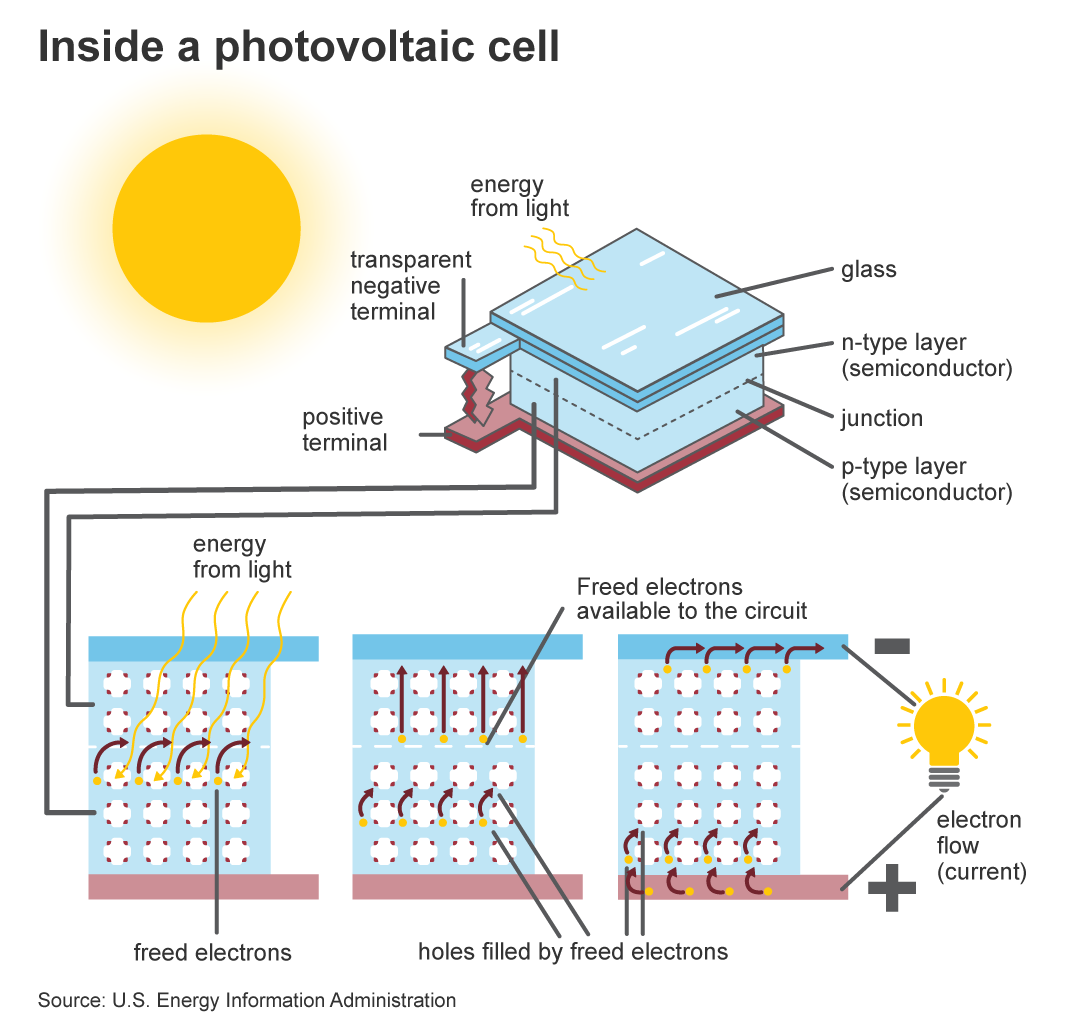Ground Mounted Solar

Jansen Heating, Air Conditioning & Electrical is your local ground solar installation and service exprerts. Give us a call today to get your quote for ground solar installation.
If you need ground solar service or repair you've come to the right place! Call or click to get the service you need scheduled.
Schedule Ground Solar ServicesRoof-Top Mounted Solar

Are you looking to add solar panels to your business or home's rooftop? Jansen Heating, Air Conditioning & Electrical is ready to come out and give you an estimate for installation. Our certified solar specialists can design and install your solar panels and get your home or business making electricity to power your home or sell back to your local power company.
Schedule Roof-Top Solar ServicesJeff Wagner Jansen Owner
Graduate of the Midwest Renewable Energy Association's 2018 Solar Training Academy
We're proud to use Solar Edge Converters and Optimizers to get the maximum amount of energy from your system!
Photovoltaic cells convert sunlight into electricity
A photovoltaic (PV) cell, commonly called a solar cell, is a nonmechanical device that converts sunlight directly into electricity. Some PV cells can convert artificial light into electricity.
Photons carry solar energy
Sunlight is composed of photons, or particles of solar energy. These photons contain varying amounts of energy that correspond to the different wavelengths of the solar spectrum.
A PV cell is made of semiconductor material. When photons strike a PV cell, they may reflect off the cell, pass through the cell, or be absorbed by the semiconductor material. Only the absorbed photons provide energy to generate electricity. When the semiconductor material absorbs enough sunlight (solar energy), electrons are dislodged from the material's atoms. Special treatment of the material surface during manufacturing makes the front surface of the cell more receptive to the dislodged, or free, electrons so that the electrons naturally migrate to the surface of the cell.
How photovoltaic systems operate
The PV cell is the basic building block of a PV system. Individual cells can vary in size from about 0.5 inches to about 4 inches across. However, one cell only produces 1 or 2 Watts, which is only enough electricity for small uses, such as for powering calculators or wristwatches.
PV cells are electrically connected in a packaged, weather-tight PV module or panel. PV modules vary in size and in the amount of electricity they can produce. PV module electricity generating capacity increases with the number of cells in the module or in the surface area of the module.

PV modules can be connected in groups to form a PV array. A PV array can be composed of two or hundreds of PV modules. The number of PV modules connected in a PV array determines the total amount of electricity the array can generate.
